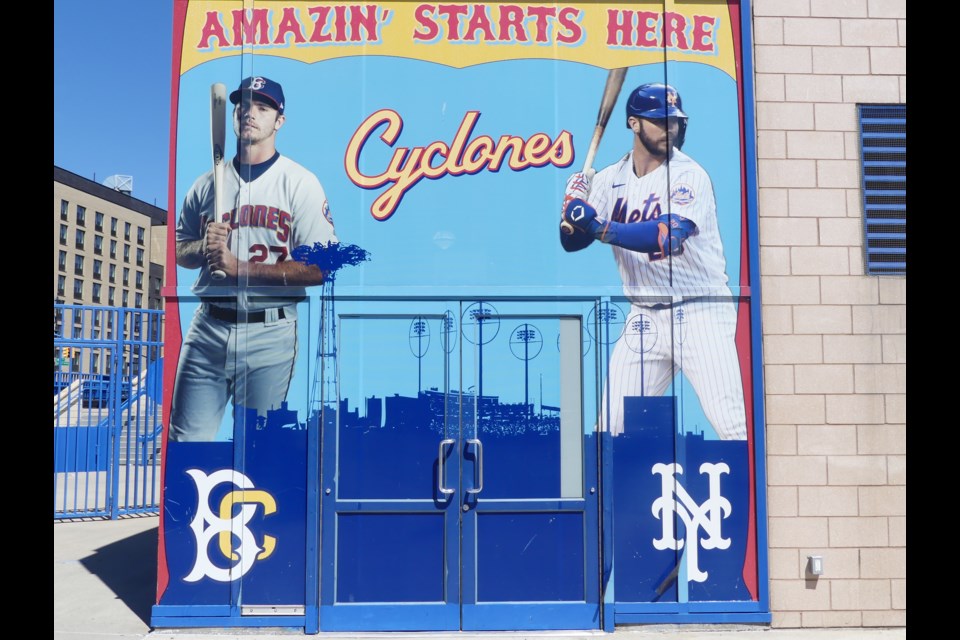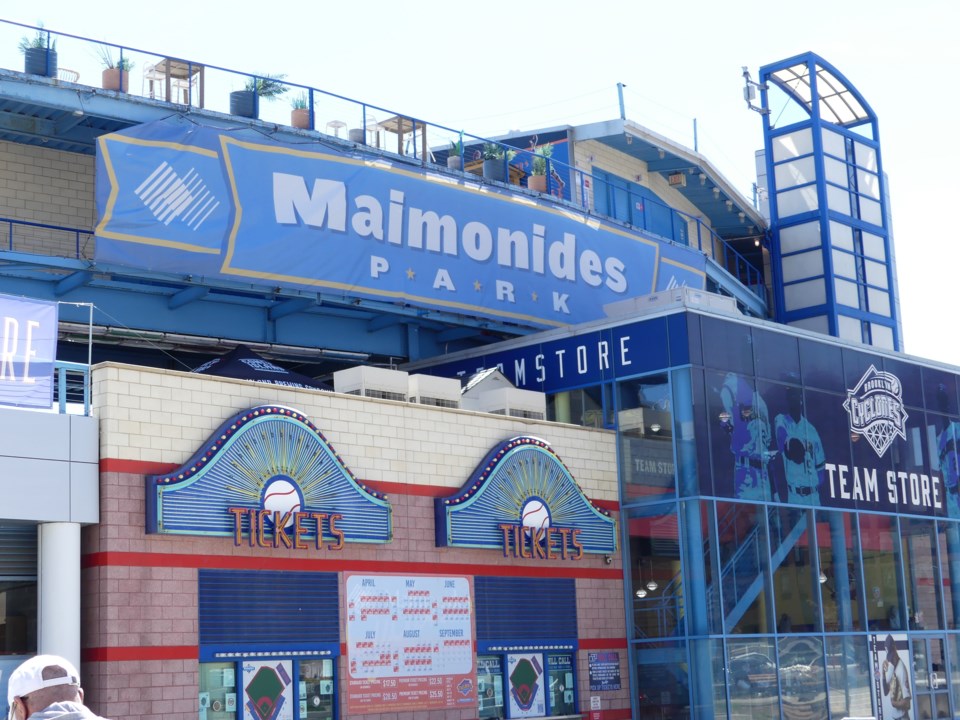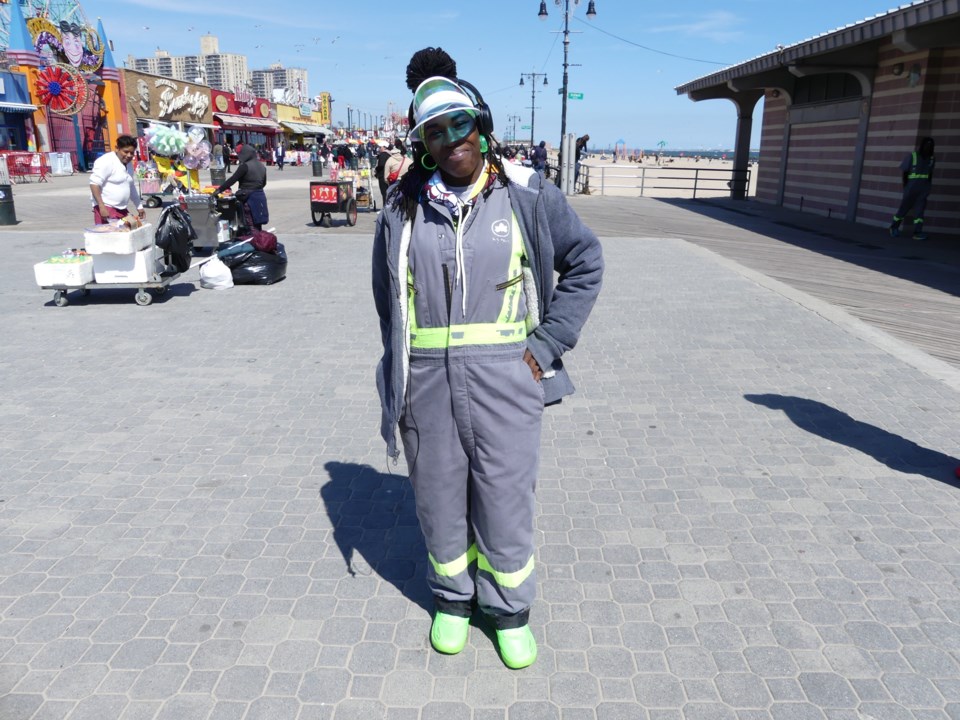Coney Island occupies a unique position in Brooklyn lore, as does the game of baseball, which is why the 2001 opening season of the Brooklyn Cyclones was important historically and garnered more press than normally afforded a minor league team.
Writer Ben Osborne is celebrating the 20th print anniversary of his book The Brooklyn Cyclones: Hardball Dreams and the New Coney Island, where he wrote about the inaugural 2001 Brooklyn Cyclones season.
Reading Osborne's book today is a look into the rear view mirror of politics, land development, socio-economic issues and the zeitgeist of the 1990s. It is a time capsule documenting the social and economic dynamics between a lower-income neighborhood and a new sports team with a brand new stadium, existing together in an arranged marriage orchestrated by politicians and developers.
Tough topics like revitalization, gentrification, and disinvestment– which are topics still hotly debated within the community today– are addressed.
“It was the last vestiges of the gritty, old school, slightly dangerous era because the stadium was the first piece of the Coney Island revitalization,” Osborne told BK Reader.
The announcement that a new professional baseball team, a minor league club in the NY Mets farm system, would set up shop at Coney Island came with heaps of political fanfare in 2000.
“That summer and going into building the stadium, [then-Mayor Rudy] Guiliani wanted you to believe it was the greatest thing that happened to Brooklyn,” Osborne said.
In the book, Osborne recounts the construction of the Cyclones Keyspan Park (now Maimonides Park), the first season and life in Coney Island away from the stadium. That experience was told through the eyes of the Cyclones' catcher Brett Kay and Coney Island resident Anthony Otero, a Puerto Rican middle schooler who loved the New York Yankees and lived in the Coney Island housing projects with his parents.
Playing in front of packed houses was normal for the Cyclones in the first year, and it wasn't unusual to see long ticket lines outside the stadium. The Cyclones ended the season in 1st place in the NY-Penn League and went to the championship series, defeating the Williamsport Crosscutters in the first game.
The potential championship-clinching game was slated for September 11, 2001. However, Major League Baseball canceled the minor league baseball playoffs after the 9/11 terror attacks, and the teams were declared co-champions.
Twenty years later, it is a different story as the Cyclones buzz is barely audible.
Ironically, for a team named after the world's most famous amusement park ride, fan interest in the Cyclones resembles its namesake rollercoaster. The most recent season saw very low attendance, despite some fan-favorite theme events including "Seinfeld Night."
“It’s a beautiful place to watch a game, but they are irrelevant to the New York sports scene,” Osrbone said.
The Cyclones have survived the 9/11 attacks, Superstorm Sandy, and the COVID-19 pandemic, showing true Brooklyn resilience. Neither hate, hurricane, or human virus can put the Brooklyn Cyclones out of business, and Osborne’s book is a good look at the beginning of the journey, which was not without its warts.
The evolution of Coney Island continues. Revitalization of the entertainment zone is ongoing, as is the development of market-rate and luxury residential buildings.
The pitch to bring one of the three downstate casino licenses to Coney Island, led by THOR industries and former Brooklyn Councilman Robert Cornegy, looks good on paper, but will it benefit all Coney Islanders?
When asked about her thoughts on Coney Island, Desiree Robinson, an employee of the Department of Parks and Recreation and a Coney Island resident for nearly 10 years, said it was fine to live in the area for the first few years.
"But then I noticed that things weren’t being improved,” as there is a disconnect between the entertainment zone and the rest of Coney Island, she said.
Purchase The Brooklyn Cyclones: Hardball Dreams and the New Coney Island by clicking here.





.png;w=120;h=80;mode=crop)
